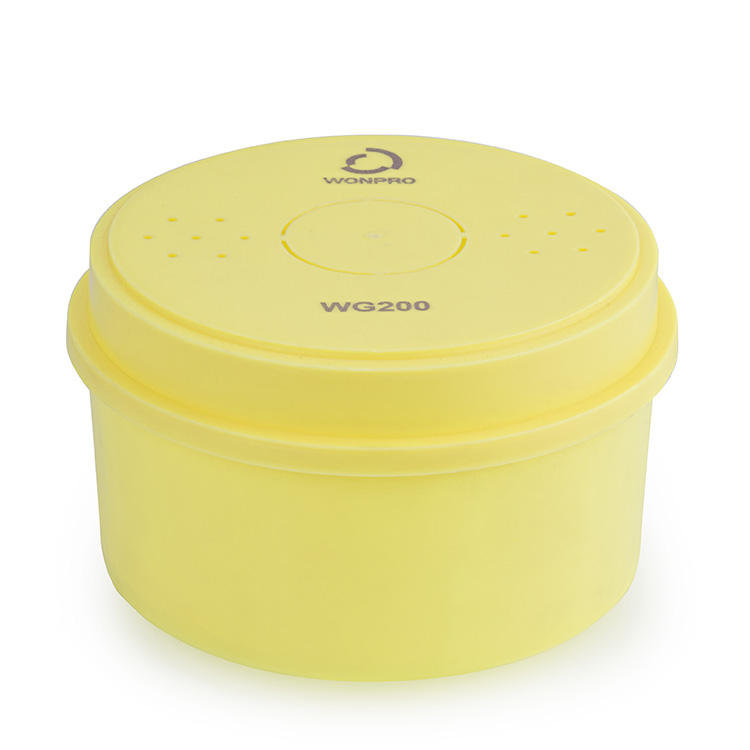Exploring the Role and Importance of Water Glycol Oil Filter Elements
2024-07-25
Introduction
In various industrial and hydraulic applications, the purity of fluids is paramount for ensuring the smooth operation and longevity of equipment. Water glycol oil filter elements are critical components that help maintain this purity. In this blog, we will delve deeper into what a water glycol oil filter element is, its primary purpose, and why it is essential for maintaining the efficiency and reliability of hydraulic systems and machinery.
What is a Water Glycol Oil Filter Element?
A water glycol oil filter element is a filtration device specifically designed to clean water-glycol hydraulic fluids and lubricating oils. These fluids are commonly used in environments where fire resistance and excellent heat transfer properties are required. The filter element ensures that the fluid remains free from contaminants that could harm the system.
Construction and Design:
- Materials: Constructed from materials like synthetic fibers, cellulose, or stainless steel mesh, which provide effective filtration.
- Micron Ratings: Available in a range of micron ratings (e.g., 1 to 100 microns) to filter out particles of different sizes.
- Robustness: Designed to withstand high pressure and flow rates typical in industrial and hydraulic applications.
Primary Purpose of Water Glycol Oil Filter Elements
The main purpose of a water glycol oil filter element is to purify the hydraulic fluids and lubricants used in various systems. Here’s how it fulfills this role:
1. Filtration of Contaminants:
The filter element traps and removes solid particles, such as dirt, metal shavings, and rust, from the fluid. Contaminants can enter the system through fluid degradation, environmental exposure, or wear and tear of system components. Effective filtration prevents these impurities from circulating through the system, reducing the risk of damage to sensitive parts.
2. Preserving Fluid Integrity:
Water-glycol mixtures, while excellent for their intended uses, can degrade over time. This degradation can produce sludge and varnish, which can hinder system performance. The filter element captures these degradation by-products, ensuring that the fluid retains its desirable properties for longer periods.
3. Protecting Hydraulic Components:
Hydraulic systems rely on precision components like pumps, valves, and actuators. These parts can be severely damaged by contaminants in the fluid. The filter element acts as a shield, preventing harmful particles from reaching and wearing down these critical components.
4. Maintaining System Efficiency:
Clean hydraulic fluid is essential for maintaining optimal system performance. Contaminants can clog passages and increase friction, leading to inefficiencies. By keeping the fluid clean, the filter element helps maintain proper fluid flow and pressure, which enhances the overall efficiency of the system.
5. Minimizing Maintenance and Downtime:
Regular use of filter elements reduces the frequency of system malfunctions and breakdowns. This leads to fewer maintenance interventions and less downtime, resulting in cost savings and increased operational productivity.
Industries and Applications
Water glycol oil filter elements find use in various sectors, including:
- Manufacturing and Industrial Equipment: Ensuring reliable operation of hydraulic presses, injection molding machines, and other industrial machinery.
- Fire-Resistant Hydraulic Fluids: Used in high-risk environments such as metal processing plants and foundries where fire safety is critical.
- Power Generation: In lubrication systems of turbines and generators to ensure efficient operation and longevity.
- Aerospace and Defense: In hydraulic systems of aircraft and military vehicles where reliability and performance are crucial.
Technological Advancements
Recent advancements in filtration technology have led to more efficient and durable water glycol oil filter elements. Innovations include:
- Nano-Fiber Technology: Enhanced filtration efficiency by using nano-fibers to capture smaller particles.
- Self-Cleaning Filters: Reducing maintenance needs by incorporating self-cleaning mechanisms.
- Improved Materials: Use of advanced synthetic materials that offer better durability and resistance to chemical degradation.
Conclusion
Water glycol oil filter elements are essential for maintaining the purity and performance of hydraulic fluids and lubricants in various industrial applications. By effectively filtering out contaminants, preserving fluid integrity, protecting system components, and maintaining efficiency, these filter elements play a vital role in the reliability and longevity of hydraulic systems and machinery. Understanding their primary purpose and advancements in their design can help industries optimize their fluid management practices, leading to enhanced performance and reduced operational costs.



